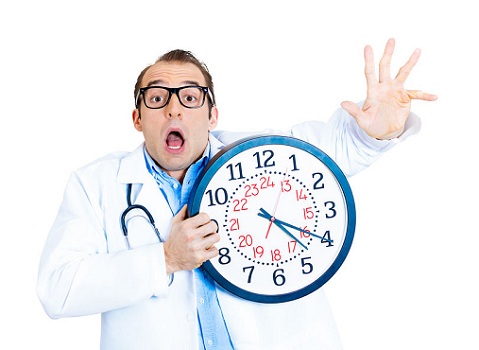How much sleep do you get each night? The National Sleep Foundation is adamant that adults get between 7-9 hours of sleep a night for optimal health, with 8 hours of sleep being a well-known sweet spot. However, the sleep community is in a serious debate this month as The Washington Post released an article sharing that numerous studies are suggesting that 7 hours is the optimal amount of sleep to reap the most benefits, not 8.
Missing even 20 minutes of your ideal sleep number can cause a decline in your memory and performance the next day, while getting too much has been linked to serious health risks, including cardiovascular disease, obesity and earlier death.
According to Dr. Shawn Youngstedt, a professor in the College of Nursing and Health Innovation at Arizona State University Phoenix, his research that he has conducted on the effects oversleeping, shows that 7 hours of sleep has the least amount of risk for mortality and morbidity. Dangers can come from consistently sleeping 8 hours or more.
During a 6 year period, professor of psychiatry at the University of California San Diego, Daniel F. Kripke monitored data of 1.1 million people who were participants in a large study on cancer. Those who slept 6.5-7.4 hours a night were found to have a lower mortality rate than those who slept more hours.
Other the other hand, many experts say that studies that warn people against too much sleep may not be accurate. More sleep could be needed when someone is sick and it is possible that many people don’t give accurate reports of their sleep patterns during some studies. A correlation or pattern may be found among study participants but, often time a causation is not found.
What is important and widely accepted is that how much sleep you need, is a unique journey for each individual due to genetic and cultural differences. To find out how much sleep you really need, over the course of 3-5 days (ideally on a vacation) skip using an alarm clock, avoid caffeine and alcohol, stay away from electronics a couple of hours before bed and keep a sleep diary. Allow your body to fall asleep and wake up when it’s ready as you evaluate how much sleep you need to feel refreshed.
Currently, a panel of medical specialists and researchers are reviewing thousands of scientific sleep studies and literature thanks to funding from the Centers for Disease Control and Prevention. New recommendations will are on schedule to be released to the public in 2015 and we can’t wait to share the findings!


No comments yet.